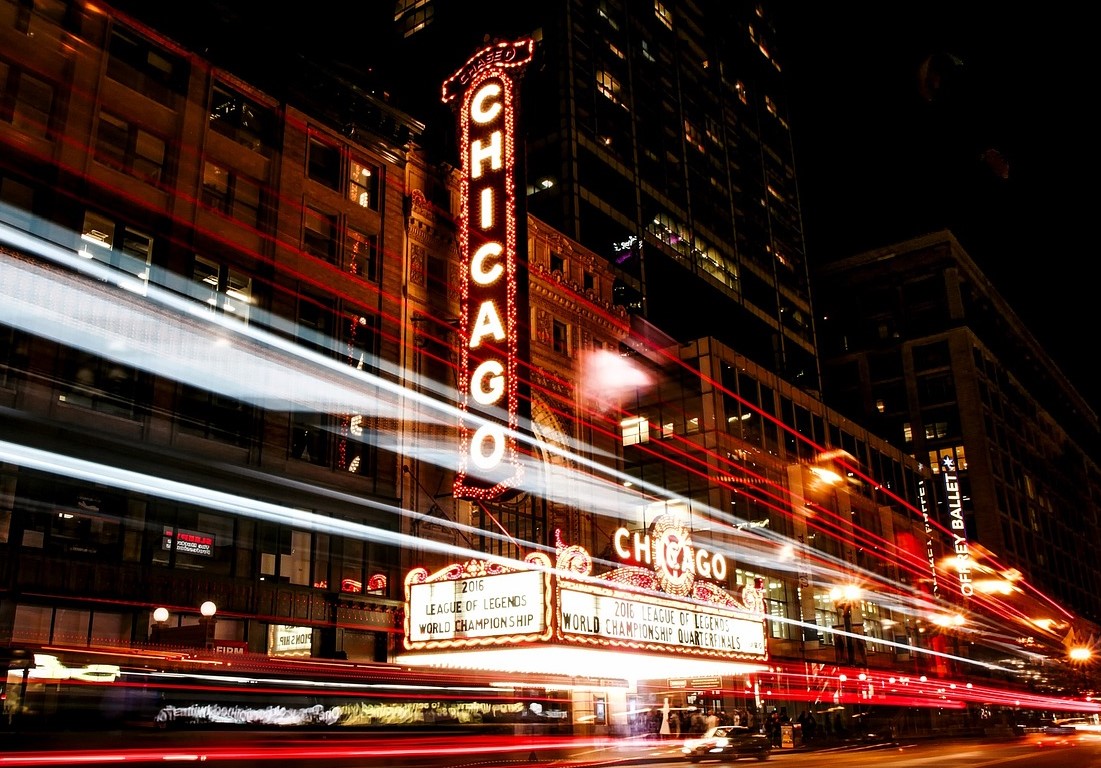
When you’re evaluating the benefits of one credit card over another, you have a lot of different factors to consider, including fees, rewards, and interest rates. But does the type of credit card you choose matter at all? Is there any real difference between a Visa and a Discover card with the exact same terms?
There are four major credit card networks in the US: Visa, Mastercard, Discover, and American Express. These companies offer a network of infrastructure that allows merchants to swipe your card and then collect the money from your card issuer. They also set the fees that the merchant must pay to use the network – that’s right, every time you swipe your card, the merchant must pay for the privilege of allowing you to do so.
Network Fees
The fees that your merchant pays, also known as interchange fees, are not static; Visa and Mastercard adjust their rates twice a year. Different types of businesses also pay different rates, and they may have different fees for different tiers of credit cards and debit cards. For instance, a Visa debit card transaction at a grocery store may have a smaller interchange fee associated with it than a restaurant even if the transactions themselves cost the same amount.
Online shopping is usually more expensive for the retailer because swiping a card is typically cheaper than typing in your card number on a website.

| Network | Average Credit Card Processing Fee |
| Mastercard | 1.55% – 2.6% |
| Visa | 1.43% – 2.4% |
| Discover | 1.56% – 2.3% |
| American Express | 2.5% – 3.5% |
These are on top of any additional fees that the credit card networks may charge such as charge-back fees, terminal rental fees, and IRS reporting fees. These fees are paid by the merchants, but they also affect you as a consumer. American Express almost always has higher fees than Visa, Mastercard and Discover, which is why you’re more likely to encounter a merchant that won’t accept it. If you’re in the market for a new credit card, you may want to make sure you have a Visa or Mastercard as a backup instead of only having Discover or American Express, as Visa and Mastercard were accepted at 10.7 million locations in the US at the end of 2019, compared to 10.6 million for Discover or AMEX. Costco is one merchant that only accepts Visa, and those without a Visa card may be out of luck.
Issuers vs. Networks
Pull out the credit card in your wallet and take a look at it. Chances are, if it’s a Visa or Mastercard, you’ll see their logo as well as the logo of the bank that issued it. That’s because Visa and Mastercard are card networks, but do not issue the cards themselves. They merely facilitate payments between the merchant and the bank that issued the card.
On the other hand, Discover and American Express both process transactions and issue cards. As with the fees, this may not have a big impact on you as the cardholder. However, it does mean that you can’t take advantage of having a card linked to your bank. if you are interested in building a deeper relationship with your bank to get better interest rates or have everything consolidated into one app, Discover and American Express may not be the strongest options.
When picking your next credit card, consider the array of cards that you already have, and ask yourself if you are interested in diversifying the different networks that you may be able to use if one retailer does not accept a certain type of card. However, as most of the practical differences are behind the scenes and don’t affect you, your considerations should be given to the different types of rewards you can get through the card and the fees you will pay before you worry about which card network you might want to use.
| Network | Average Credit Card Processing Fee |
| Mastercard | 1.55% - 2.6% |
| Visa | 1.43% - 2.4% |
| Discover | 1.56% - 2.3% |
| American Express | 2.5% - 3.5% |
These are on top of any additional fees that the credit card networks may charge such as charge-back fees, terminal rental fees, and IRS reporting fees. These fees are paid by the merchants, but they also affect you as a consumer. American Express almost always has higher fees than Visa, Mastercard and Discover, which is why you're more likely to encounter a merchant that won't accept it. If you're in the market for a new credit card, you may want to make sure you have a Visa or Mastercard as a backup instead of only having Discover or American Express, as Visa and Mastercard were accepted at 10.7 million locations in the US at the end of 2019, compared to 10.6 million for Discover or AMEX. Costco is one merchant that only accepts Visa, and those without a Visa card may be out of luck.
Issuers vs. Networks
Pull out the credit card in your wallet and take a look at it. Chances are, if it's a Visa or Mastercard, you'll see their logo as well as the logo of the bank that issued it. That's because Visa and Mastercard are card networks, but do not issue the cards themselves. They merely facilitate payments between the merchant and the bank that issued the card.
On the other hand, Discover and American Express both process transactions and issue cards. As with the fees, this may not have a big impact on you as the cardholder. However, it does mean that you can't take advantage of having a card linked to your bank. if you are interested in building a deeper relationship with your bank to get better interest rates or have everything consolidated into one app, Discover and American Express may not be the strongest options.
When picking your next credit card, consider the array of cards that you already have, and ask yourself if you are interested in diversifying the different networks that you may be able to use if one retailer does not accept a certain type of card. However, as most of the practical differences are behind the scenes and don't affect you, your considerations should be given to the different types of rewards you can get through the card and the fees you will pay before you worry about which card network you might want to use.
"










